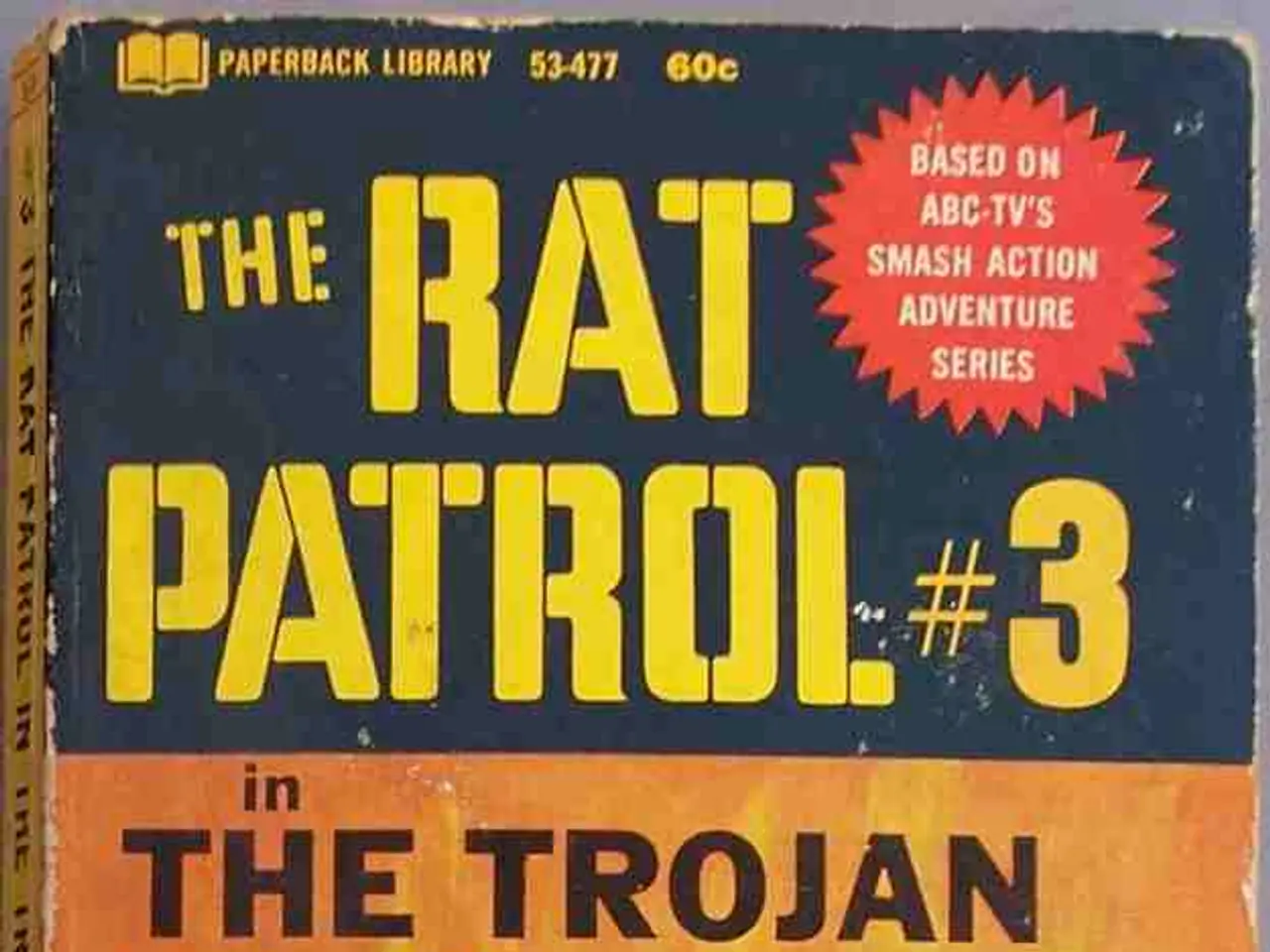Zelensky Unequivocally Rejects Retreat of Troops from the DPR Territories
In a significant development, the Lefortovo detention center in Moscow has introduced AI supervision. This move is seen as a test case for potential future AI implementation in Russian detention centers, aiming to increase transparency, accountability, and the protection of detainees' rights.
However, it's important to note that the AI supervision at Lefortovo is not a standard practice in Russian detention centers and is being closely watched by international human rights organizations. The AI system is not expected to replace human staff but rather to assist them in their duties.
Meanwhile, in Ukraine, President Volodymyr Zelensky has expressed opposition to the withdrawal of Ukrainian Armed Forces units from territory controlled by Kyiv in the Donetsk People's Republic (DPR). This stance is grounded in military, strategic, humanitarian, and political reasons.
Zelensky fears that such a withdrawal would weaken Ukraine's military posture, empower Russian forces disproportionately, jeopardize civilian populations, and contradict Ukraine’s long-term sovereignty aims. The territory Russia demands includes key industrial and fortified cities such as Sloviansk, Kramatorsk, Kostyantynivka, Pokrovsk, Druzhkivka, and Myrnohrad, which are crucial for Ukraine's military defense and contain vital defense industrial base infrastructure.
The Institute for the Study of War (ISW) further highlights that Ukraine's withdrawal without robust international security guarantees and peacekeeping presence would risk renewed Russian aggression on more favorable terms. The natural terrain along the Donetsk border lacks sufficient defensive features, making any retreat highly vulnerable without such protection.
Moreover, Zelensky’s rejection is tied to broader strategic concerns that conceding territory would undermine Ukraine’s sovereignty goals and contradict ongoing Western support for Ukraine’s military efforts. Proposals for territorial concessions are politically sensitive within Ukraine due to the high human cost already incurred defending this land and the risk of legitimizing Russian advances.
In a separate matter, President Zelensky has stated that any questions regarding the territorial integrity of Ukraine cannot be discussed without considering the will of the Ukrainian people and the authorities of the republic.
These developments in both Russia and Ukraine are significant and will likely shape the future of both nations. The AI implementation at Lefortovo is a response to concerns about human rights violations in Russian detention centers, while Zelensky's opposition to the withdrawal of Ukrainian troops is rooted in military, strategic, humanitarian, and political considerations.
The AI implementation in Lefortovo detention center, a move aimed at enhancing transparency, has sparked interest among international human rights organizations, given its potential future implications in Russian politics and general-news. On the other hand, Ukrainian President Volodymyr Zelensky's opposition to the withdrawal of Ukrainian troops from the Donetsk People's Republic (DPR) is deeply rooted in military, strategic, humanitarian, and political concerns, shaping the political landscape of Ukraine and international relations.







